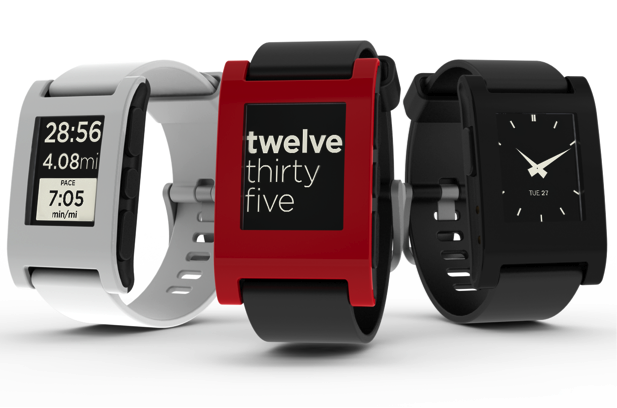While on work experience, Henry Walton of Hockerill Anglo-European College looked into the growing Smartwatch phenomenon.
Is now the time of the Smartwatch?
Growth of the Industry
2012 saw the rise of a new industry following the success of the newly founded smartwatch company Pebble. The company pitched their e-ink display smartwatch to crowdfunding platform Kickstarter in April that year and received $100,000 in the first 2 hours after the project went live. The project went on to raise over $10,000,000 from 70,000 backers, demonstrating the substantial demand for intelligent wearable technology.

The Pebble Watch
Although fitness bands and simplistic smartwatches have been in existence for almost 10 years, it was Pebble’s success that acted as the catalyst for the smartwatch industry’s growth. Other major brands such as Samsung, LG and Motorola quickly followed suit and released their own products across 2013/14.